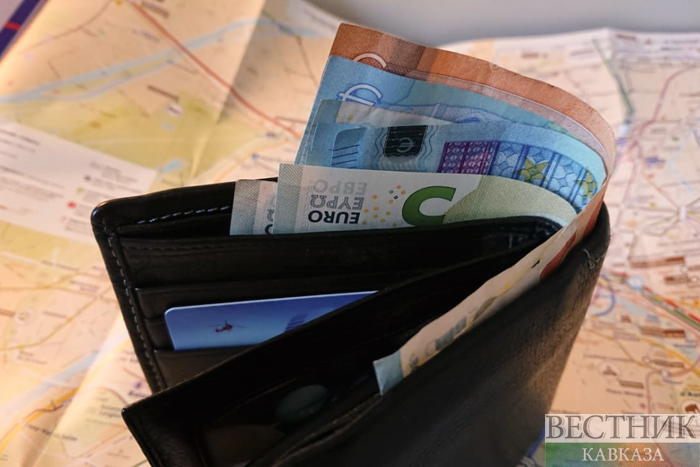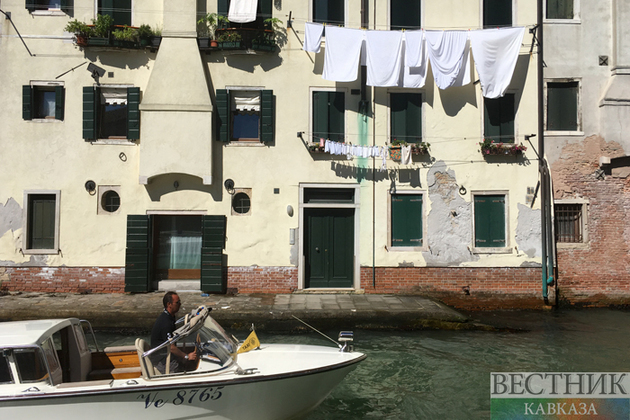One in four Europeans describe their financial position as “precarious”, more than half see a serious risk it will become so over the coming months, and 80% have already been forced into hard spending choices, according to a survey. As the cost of living crisis, driven by high energy prices, rampant inflation and events over Ukraine, tightens its grip, the six-country survey for the French anti-poverty NGO Secours Populaire painted an alarming picture of “a continent on the brink”, The Guardian writes.
More than half (54%) of more than 6,000 people across France, Germany, Greece, Italy, Poland and the UK told the pollster Ipsos their purchasing power had fallen over the past three years – mostly due to higher food, fuel, heating and rent bills.
The hardest-hit country was Greece, where 68% of respondents said their spending power had fallen “a lot” or “somewhat” since 2019, followed by 63% in France, 57% in Italy, 54% in Germany, 48% in Britain and 38% in Poland.
About 80% of respondents said they had already been forced to make significant compromises, including cutting down on travel (62%) or heating (47%), borrowing from friends or family (42%), finding a second job (40%) and skipping a meal (29%).
Across the six countries, 64% said they were now “often” or “sometimes” unable to decide what to cut next as they had already cut what they could, 28% said they were overdrawn by mid-month, and 27% often or sometimes feared losing their home.
On average, about 27% of respondents across the six countries said their financial and material situation was “precarious”, defined as “one unexpected expenditure could change everything”, while 55% said they had to pay attention.

The future looked worse for many, however: a majority of Europeans (55%) said they felt they faced a very or somewhat significant risk of falling into precariousness over the coming months – with one in five (17%) assessing the possibility as very high.
Italians and Greeks were the most worried, with 70% and 68% respectively very or somewhat concerned. About 47% of respondents in Britain said they felt the risk of precariousness was significant, and 42% of those in France.
Parents in particular were feeling the strain, the survey showed. A large majority (72%) across the six countries said they had cut back on their own leisure activities (76%), hair and beauty treatments (72%) and clothes budget (72%) in order to preserve their children’s quality of life.
Almost half of parents (48%) across the six countries also said they regularly cut back on their own food to feed their children, while 66% said they had been forced to rein in their children’s activities, including outings and holidays.
On average, 49% – including 50% in the UK – of parents said they were worried about not being able to meet their children’s needs in future, while 33% said they were already unable to ensure their children’s diet was as varied as they would like.
The study showed striking differences between the countries in terms of which groups were deemed most at risk of falling into poverty: retirees in Germany (61%), younger people in Italy (57%), and in the UK, single-parent families (55%).






